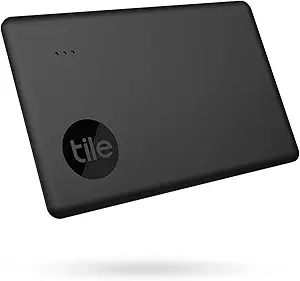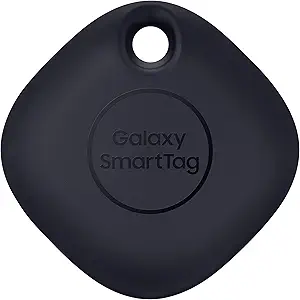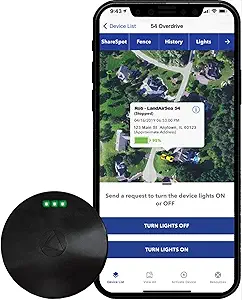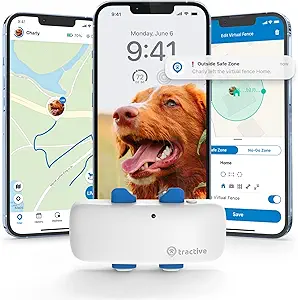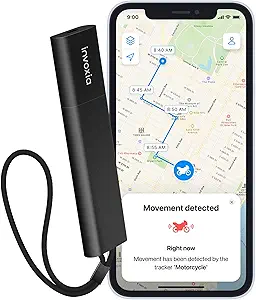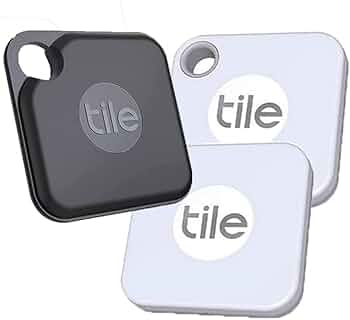The Ultimate Buying Guide for GPS Tracker: Types, Features, Prices, and Tips
Overview
GPS trackers have become increasingly popular for a variety of applications, from vehicle tracking to personal safety. With so many options available, choosing the right GPS tracker can be overwhelming. In this buying guide, we'll cover the different types of GPS trackers, key considerations to keep in mind, features to look for, prices, and tips to help you make the best decision.
Types
There are several types of GPS trackers available on the market, including:
1. Vehicle GPS trackers: These are designed to track the location and movement of cars, trucks, and other vehicles. They can be used for fleet management, theft prevention, and monitoring driver behavior.
2. Personal GPS trackers: These are small, portable devices that can be carried by individuals for safety and security purposes. They are often used for hiking, camping, and other outdoor activities.
3. Real-time GPS trackers: These provide up-to-the-minute location data, allowing you to track the movement of a person or vehicle in real-time.
4. GPS tracking devices: These are stand-alone devices that can be used for a variety of applications, including asset tracking and surveillance.
Key Considerations
When choosing a GPS tracker, there are several key considerations to keep in mind, including:
1. Accuracy: Look for a GPS tracker with high accuracy to ensure that you get reliable location data.
2. Battery life: Consider how long the battery will last and whether it can be easily recharged or replaced.
3. Durability: If you plan to use the GPS tracker in rugged environments, look for a device that is waterproof and shock-resistant.
4. Coverage: Check to see if the GPS tracker works in the areas where you need it.
Features
Here are some features to look for when choosing a GPS tracker:
1. Geofencing: This allows you to set up virtual boundaries and receive alerts when the GPS tracker enters or exits a specific area.
2. SOS button: This is a panic button that can be pressed in case of an emergency, sending an alert to a designated contact.
3. Mobile app: Look for a GPS tracker that comes with a mobile app for easy tracking and management.
4. Historical data: This allows you to view the location history of the GPS tracker over a certain period of time.
Prices
GPS trackers can range in price from around $30 to several hundred dollars, depending on the type and features. Personal GPS trackers tend to be less expensive than vehicle GPS trackers, while real-time GPS trackers are typically the most expensive.
Tips
Here are some tips to help you choose the best GPS tracker for your needs:
1. Consider your specific needs and use case before choosing a GPS tracker.
2. Read reviews and compare features and prices before making a purchase.
3. Look for a GPS tracker with a mobile app for easy tracking and management.
4. Consider the battery life and durability of the device if you plan to use it in rugged environments.
FAQs
Q: Can GPS trackers be used for vehicle theft prevention?
A: Yes, vehicle GPS trackers can be used to track the location of a stolen vehicle and aid in recovery.
Q: Do GPS trackers require a subscription?
A: Some GPS trackers require a subscription for real-time tracking and management, while others do not.
Q: Can GPS trackers be used for personal safety?
A: Yes, personal GPS trackers can be used for hiking, camping, and other outdoor activities to ensure safety and security.
Q: Are GPS trackers legal?
A: Yes, GPS trackers are legal, but it's important to use them responsibly and within the law.
Q: Can GPS trackers be used for fleet management?
A: Yes, vehicle GPS trackers can be used for fleet management, allowing you to monitor the location and movement of multiple vehicles at once.




